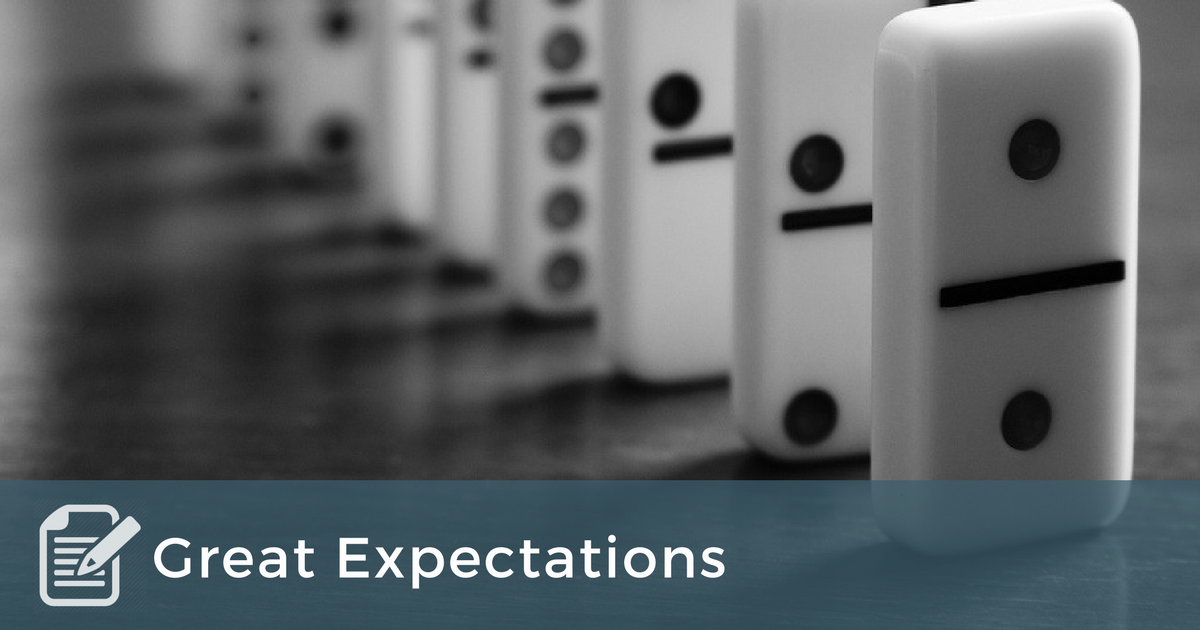 If you know me at all, then you won’t be surprised to learn that I am writing this blog post from the seat of an airplane, headed off somewhere again. And, if you travel very much at all, you also won’t be surprised to learn that the flight I am on has been delayed. It seems to be much more the norm than an exception these days for the scheduled departure time to be more fantasy than reality. While there are many possible variables involved in the delay of a scheduled flight time, the one factor that WON’T be responsible for a plane leaving the gate later than planned is the passenger. The way the system works in air travel these days, the passenger is expected to be ready to board the plane at least an hour before take-off, and if she/he is not ready to board when the time comes, the airplane is not likely to wait….even when the airline has been the cause of the passenger being late.
If you know me at all, then you won’t be surprised to learn that I am writing this blog post from the seat of an airplane, headed off somewhere again. And, if you travel very much at all, you also won’t be surprised to learn that the flight I am on has been delayed. It seems to be much more the norm than an exception these days for the scheduled departure time to be more fantasy than reality. While there are many possible variables involved in the delay of a scheduled flight time, the one factor that WON’T be responsible for a plane leaving the gate later than planned is the passenger. The way the system works in air travel these days, the passenger is expected to be ready to board the plane at least an hour before take-off, and if she/he is not ready to board when the time comes, the airplane is not likely to wait….even when the airline has been the cause of the passenger being late.
It is easy to see why air travel can be so frustrating!
AND…..that got me thinking about patience…and expectations for when things will (should?) happen….and coaching.
You see, in my early days of coaching it was not uncommon to experience a lot of the same frustration when it seemed like I, as the coach, was waiting for something to happen. Figuratively speaking, I “arrived” in plenty of time, and had some expectation for when the thing was going to “take off”, and, when for a variety of reasons they did not, I would get frustrated.
When I think about those days, I can see many parallels to my current frustration with the air travel system….and I think I might have an insight or two to share about it.
First, when I think about why air travel is so frustrating, I realize it’s all about the expectations. Because there IS a scheduled time of departure, and because I, as the passenger, am expected to be ready to go at that scheduled time, it can feel frustrating when any one of a dozen variables causes the flight to be delayed…especially when that delay is going to have a snowball effect on the rest of my travel plans. I’ve noticed that when I’m traveling on “stand-by”, meaning that I am not scheduled to leave on a particular flight, but am instead standing by to see if there is an available seat, I don’t feel near the level of frustration when the airline is unable to accommodate me.
Do you see the difference? When an expectation has been created, it can feel frustrating for that expectation to go unmet. But when there is no expectation, or when that expectation is one of “standing by” to see what happens, the frustration is diminished. Wow! What a great lesson for us coaches! I mentioned that in my early days of coaching I would get frustrated when things didn’t go the way I thought they would – at the time I thought they should. The expectations I had set were not being met. As I matured in my coaching, my expectations changed and so did my level of frustration.
So, in my coaching relationships, what is it OK for me to expect? What are the right set of expectations, and what are those that are likely to lead to frustration?
Well, first I want to be careful about having any expectations about where my clients are heading. This may seem obvious, but for many of you, this is the sticking point. You have some idea of where the client “ought” to be heading. Now, I’m not talking here about a general framework or process. For many of us, our coaching niche will play some role in understanding where our clients are heading. What I am talking about is our biases about where they “should” be heading. Having any kind of preconceived agenda (expectation) about what the clients goals or outcomes should be will lead only to frustration.
I also want to be careful about having expectations for how my client will get to where they are heading. This is the area I see most coaches setting themselves (and their clients) up for disappointment and frustration. Because of our experience, wisdom, perspective, etc… we can be tempted to weigh in on how our clients should approach the issues they are facing, and what actions would get them to their goals. While our coach training tells us how ineffective and inappropriate this can be, our sense of wanting to help, our impatience, and our egos can sometimes cause us to “nudge” our clients along with our ideas for how they might move forward. Once again, this only serves to set us up for disappointment and frustration.
The third way we want to avoid having expectations for our clients is in the area of timing. Our beliefs about the pace of our clients’ forward movement can cause us great frustration. When we have some expectation for how quickly our clients will move – or how slowly they should move – it can lead us to some terrible coaching. I see this quite frequently in my role as a mentor coach. The coach will sense some time pressure or have some expectation that the client will get to a certain place by the end of the coaching session (or coaching relationship) and that pressure leads them to push the client along more quickly than they are comfortable moving. As a coach, I want to manage the pace of the conversation without having some idea or how quickly or slowly my client wants to move. When I have my own expectations for their pace, I can expect to be disappointed and frustrated.
So, if those are expectations I should avoid, then which expectations are appropriate? What can I expect from my clients that will give power and energy to the relationship rather than create frustration and disappointment?
Well, it is quite alright – in fact it’s quite necessary – to expect your client to be whole, capable, resourceful, innovative, motivated, and inspired to grow, stretch, and move forward in their lives.
It is perfectly OK to expect some new and wonderful idea to come up from your coaching conversations.
It is a wonderful thing for you to expect your clients to take the actions they’ve identified that will help them grow.
It is absolutely appropriate for a coach to believe in and for her/his client and to expect to be blown away by their creative resourcefulness, their innovative solutions, their self-reflection and awareness, and their ability/willingness to change their perspective.
In other words, our expectations should be centered around a belief in our clients’ capabilities rather than our own. When we have these kinds of expectations we are never disappointed….never frustrated. These kinds of expectations are what keep me coming back for more. I can’t wait to see what will happen next!



1 thought on “Great Expectations”
Hi Bill Copper! Thank you again for sharing on this topic about having “Appropriate Expectations”. It’s so true that as a coach, if we are not aware and careful from the get go, we will not only set ourselves and our clients up for disappointment and frustration, but we as coaches can also create road blocks that keep our clients from moving forward. It’s also true that having appropriate expectations is really all about “Trusting the Coaching Process” too. I am grateful for your ministry Bill. I hope you got to your destination safely.
Thanks CAM!